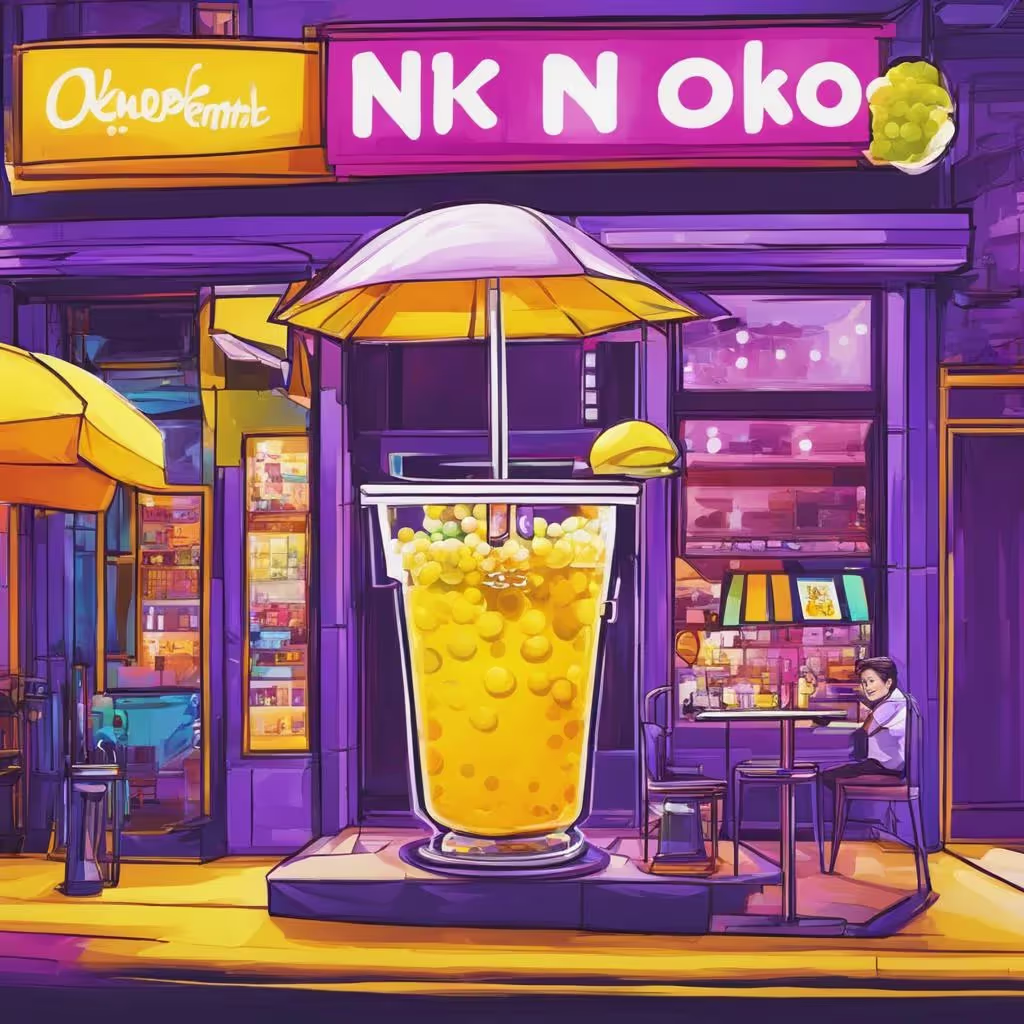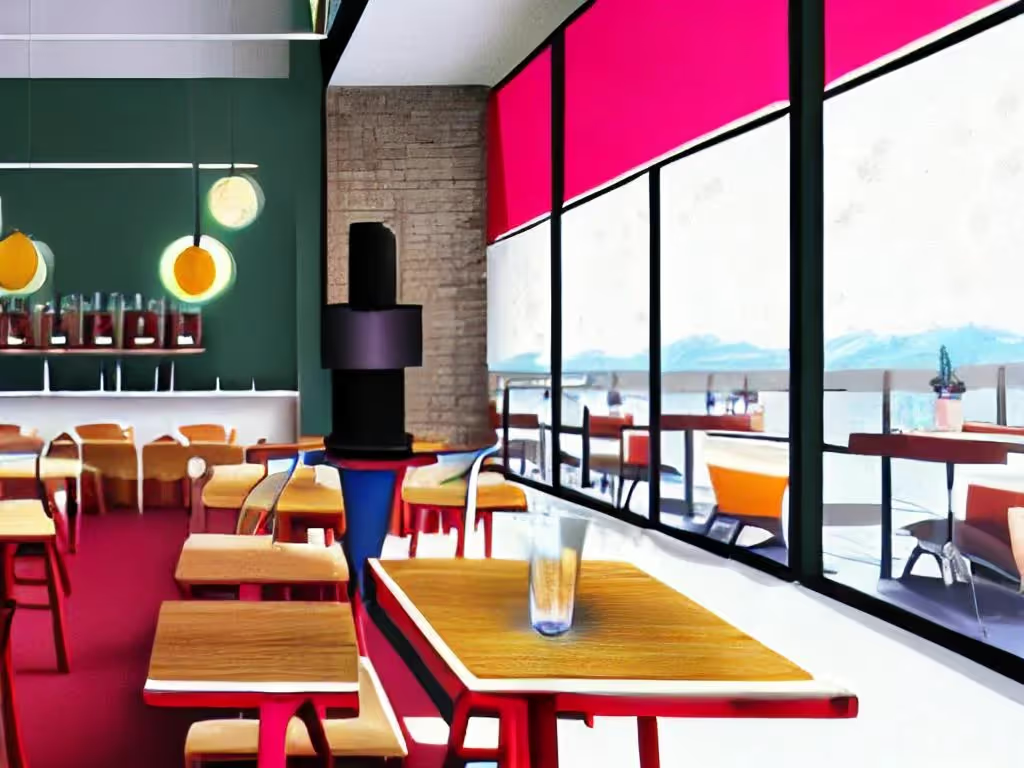TLDR
Ever dreamt of having your own cozy café like Coffee Project New York? But, does the thought of managing a business seem a bit daunting? Ever wondered how these coffee brands manage to gather such loyal followers while staying true to their roots? In this article, we'll unveil the keys to their success, sparking your urge and motivating you to take a page from their playbook.
Source Exceptional Coffee Beans
To build a successful specialty coffee brand, focus on providing the highest quality product. Source sustainably grown, socially responsible coffee beans from reputable farms across the globe.
Establish Direct Trade Partnerships
Coffee Project NY favors direct trade coffees that support small farmer cooperatives. They partner with renowned growers to ensure fair prices and high quality. Follow their lead by developing long-term relationships with producers who meet strict standards for ethical and sustainable practices.
Select High-Grade Arabica Beans
Coffee Project NY sources high-grade arabica coffees known for flavor and aroma. Choose beans from renowned growing regions that produce coffees with distinctive flavor profiles. For the best results, work with producers to select bean varieties well-suited to your brand and customer preferences.
Some of the specific high-grade arabica bean varieties they select include:
- Bourbon: Grown in Latin America, these beans produce balanced, complex coffees with notes of chocolate and berries.
- Geisha: From Panama and Ethiopia, Geisha varieties yield floral, citrusy coffees with intense aromas.
- Jamaica Blue Mountain: This famous Jamaican bean variety produces light-bodied, aromatic coffees with hints of nuts and caramel.
Over time, refine your sourcing strategy based on feedback from customers and roasters to ensure the coffee beans you offer align perfectly with your brand vision.
Invest in Advanced Roasting Techniques
Even the best beans require skillful roasting to reach their full potential. To achieve a comparable quality product, invest in advanced roasting technology and recruit experienced roasters dedicated to the craft of enhancing flavor and aroma.
By focusing on premium, ethically sourced beans, long-term producer relationships, and artisanal roasting, specialty coffee brands like Coffee Project NYC create a memorable product that builds loyalty and success. Following their model, you too can develop a brand renowned for quality and make a positive impact at origin. The key is uncompromising standards at every step, from crop to cup.
Create a Welcoming Space: Design a Cozy Cafe Atmosphere
Choose a Complementary Color Palette
Selecting warm hues like orange and yellow for your cafe can establish a cozy and inviting ambiance. However, it is important to find the right balance and not overpower customers with bright colors. For a minimal yet sophisticated look, pair muted shades of red and yellow with neutral tones of gray or beige. A complementary color palette creates visual harmony and a relaxed cafe atmosphere.
Provide Comfortable Seating
Comfortable chairs, couches, and bar seating entice customers to sit back and enjoy their coffee or meal. Upholstered armchairs, padded stools, and plush sofas give the impression of a living room, signaling to guests they are welcome to stay. Arrange seating in groupings that facilitate both social interaction and private conversation.
Focus on Customer Service
Soft, ambient lighting contributes to a cozy ambiance in your cafe. Dimmer overhead lights paired with table and floor lamps emit a warm glow without being harsh. Strategically placed spotlights can also be used to illuminate art or architectural details in the space. Natural light should be maximized during the day through large windows. The combination of natural and artificial light provides an inviting cafe atmosphere at any time of day.
Engage Customers Like a Specialty Coffee Shop
To cultivate a dedicated customer base, specialty coffee shops should focus on active engagement. Social media platforms are ideal for fostering connections and building brand loyalty. Regular posts showcasing new drinks or behind-the-scenes moments give followers a glimpse into the craft and community. Sharing engaging visual content, from eye-catching latte art to snapshots of cafe life, is an easy way to spark interest and keep the shop at the forefront of customers’ minds.
Limited-time specials and promotions are another tactic for boosting customer engagement. Releasing a new seasonal drink or offering a discount for checking in on social media motivates customers to actively participate with the brand. Their feedback provides valuable insights into preferences that help tailor future offerings. Discounts distributed through social media or email newsletters make customers feel like insiders, strengthening their connection to the shop.
Nurture Customer Relationships
Direct interaction cultivates the deepest customer relationships. Baristas should know regulars by name and order, engaging them in genuine conversation. Shop owners and managers should also be active in discussions on social media and review sites, personally addressing any issues and expressing thanks for compliments. Making real personal connections and providing exceptional customer service forges brand loyalty that keeps customers coming back and spreads through word-of-mouth.
Building an engaging community around a specialty coffee shop is challenging, but the reward of a base of loyal customers is well worth the effort. Actively participating in social media, offering strategic promotions and specials, and providing personal customer service are all effective strategies for turning one-time visitors into passionate regulars. A shop that focuses on forging real relationships will thrive on the strength of its community.
Share Your Story: Highlight Your Commitment to Sustainability
To build a successful specialty coffee brand, highlighting your commitment to sustainability and social responsibility is key.
Source Responsibly and Give Back
Like many other leaders in the specialty coffee industry, sourcing coffee beans responsibly and giving back to farming communities should be pillars of your brand. For example, Think Coffee has long-term, stable contracts with many of the same farmers they've worked with since opening in 2006. They have returned hundreds of thousands of dollars to farm-working communities. Similarly, Dillanos Coffee Roasters has partnered with coffee producers to fund schools, hospitals, and infrastructure in remote coffee-growing regions.
Set Ambitious Sustainability Goals
Following the example of companies like Starbucks, set specific and ambitious sustainability goals to minimize your environmental footprint, especially in carbon emissions, water use, and waste. Some targets to consider include reducing your carbon footprint and water usage by 50% over the next decade or sourcing 100% of your coffee through sustainable farming methods. Track your progress annually and be transparent with your customers about your results and ongoing efforts.
Become a Certified B Corporation
To clearly demonstrate your commitment to sustainability and social impact, consider becoming a Certified B Corporation. B Corps like Peace Coffee meet high social and environmental performance standards, accountability, and transparency. The certification communicates your values to customers and can help attract partners and investors with similar priorities.
Highlighting a genuine commitment to sustainability and social impact through specific actions and goals will resonate with today's conscious consumers and set you apart in the specialty coffee industry. By responsibly sourcing coffee, giving back to communities, setting ambitious targets to minimize environmental impact and becoming a certified B Corp, you can build a purpose-driven brand that leads the way.
Offer Unique Drinks: Craft Specialty Beverages With Wholesale Coffee
Single-Origin Coffees
To cultivate a unique brand, specialty coffee shops should offer single-origin coffees that provide distinctive flavor profiles. For example, Coffee Project NYC features coffees from regions like Costa Rica, Guatemala, and Ethiopia. Each region produces beans with distinct acidity, body, and aroma due to factors like soil conditions, altitude, and processing methods. By sourcing high-quality beans from renowned regions and roasting them to highlight their inherent flavors, coffee shops can provide customers an experience they cannot replicate at home.
Custom Blends
In addition to single-origin coffees, shops should develop signature blends that combine beans to create a unique flavor experience. For instance, Dillanos Coffee Roasters is renowned for blends like Caffe Del Sol, which combines beans from Guatemala, Costa Rica, and Sumatra. Think Coffee also offers unique blends, such as its bestselling Think Fair Trade Organic blend. Creating a memorable blend gives customers another reason to frequent the shop.
Cold Brew and Nitro Options
Cold brew coffee and nitro coffee have surged in popularity, especially among younger consumers. Therefore, coffee shops should consider offering cold brew coffee, nitro coffee, and other specialty drinks on tap or in cans and bottles. For example, Coffee Project NYC offers cold brew, nitro cold brew, and specialty lattes and mochas on tap. Providing stylish and delicious cold coffee options, especially in the hot summer months, will attract new customers and generate additional revenue.
In summary, premium single-origin coffees, signature blends, and cold brew options are instrumental in cultivating a stand-out specialty coffee brand. By focusing on unique, high-quality ingredients and a memorable in-store experience, coffee shops can foster customer loyalty and position themselves as leaders in the craft coffee movement.
Final Thoughts
As you consider building a specialty coffee brand, keep in mind the keys that have made Coffee Project NYC, Dillanos Coffee Roasters, and Think Coffee successful. Focus on sourcing high-quality beans directly from farms. Build relationships with farmers to ensure fair prices. Roast expertly to bring out the best flavors. Curate your menu to feature creative, seasonal drinks. Select store locations thoughtfully, with community and atmosphere in mind. Most importantly, stay true to your vision and values. With dedication and hard work, you too can develop a beloved local coffee shop that makes a difference in your neighborhood.


.webp)


.webp)
.png)
.webp)

.avif)
.webp)
.webp)
.webp)

.webp)

















.svg)





.svg)
.svg)
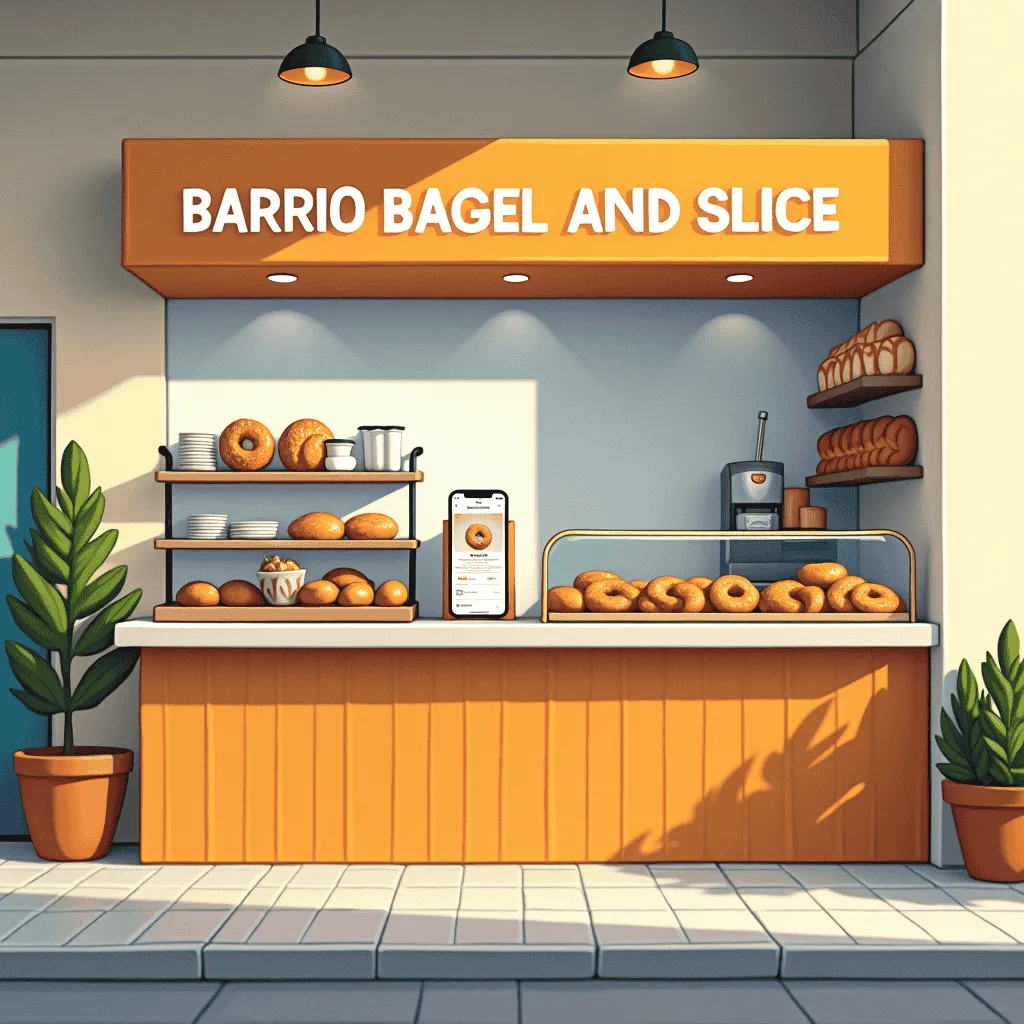


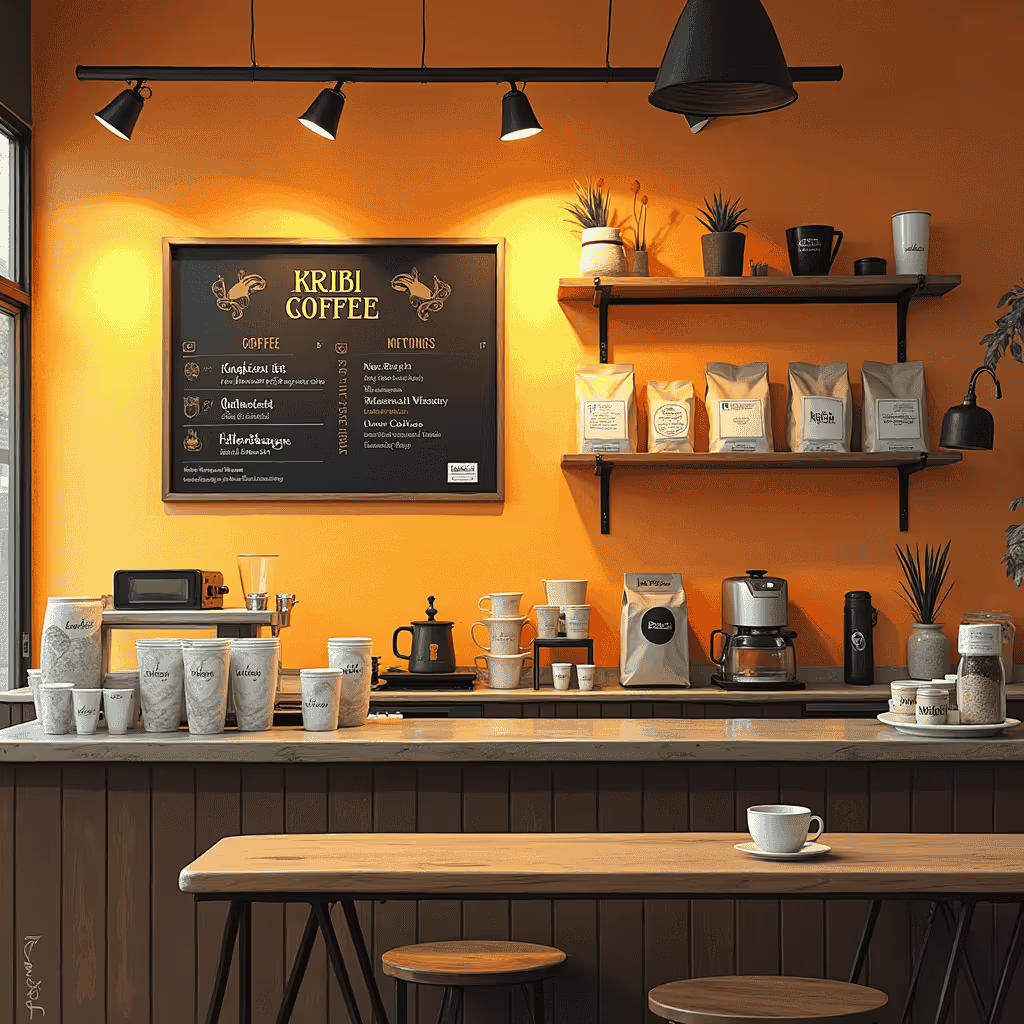
.avif)
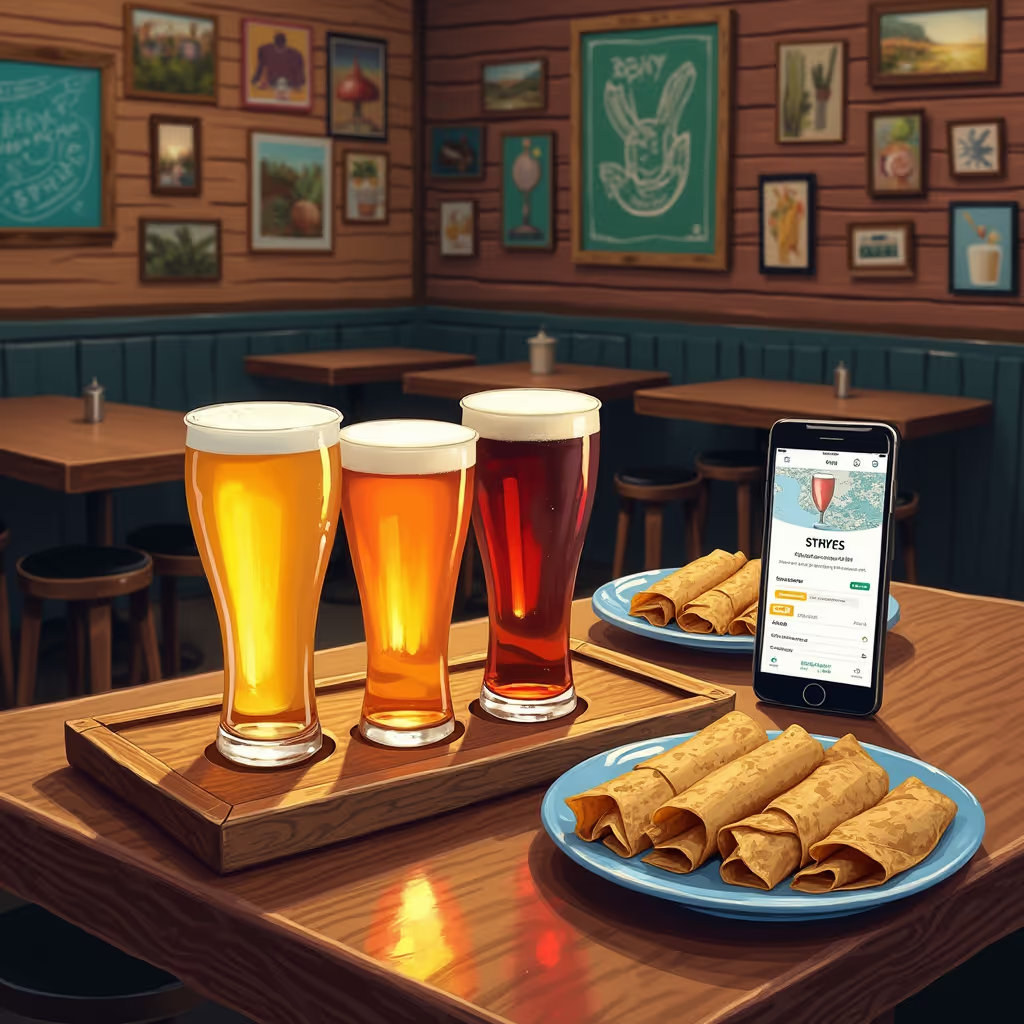
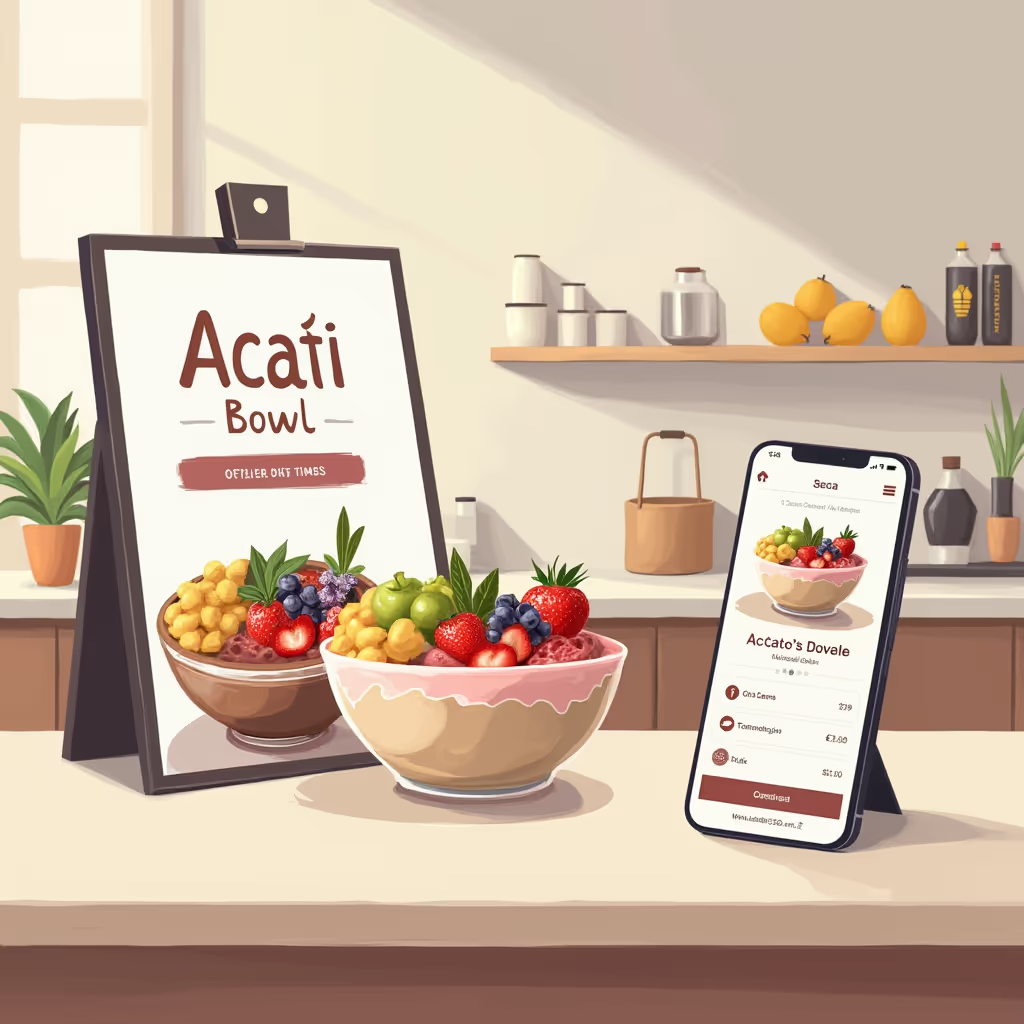

.avif)
.avif)

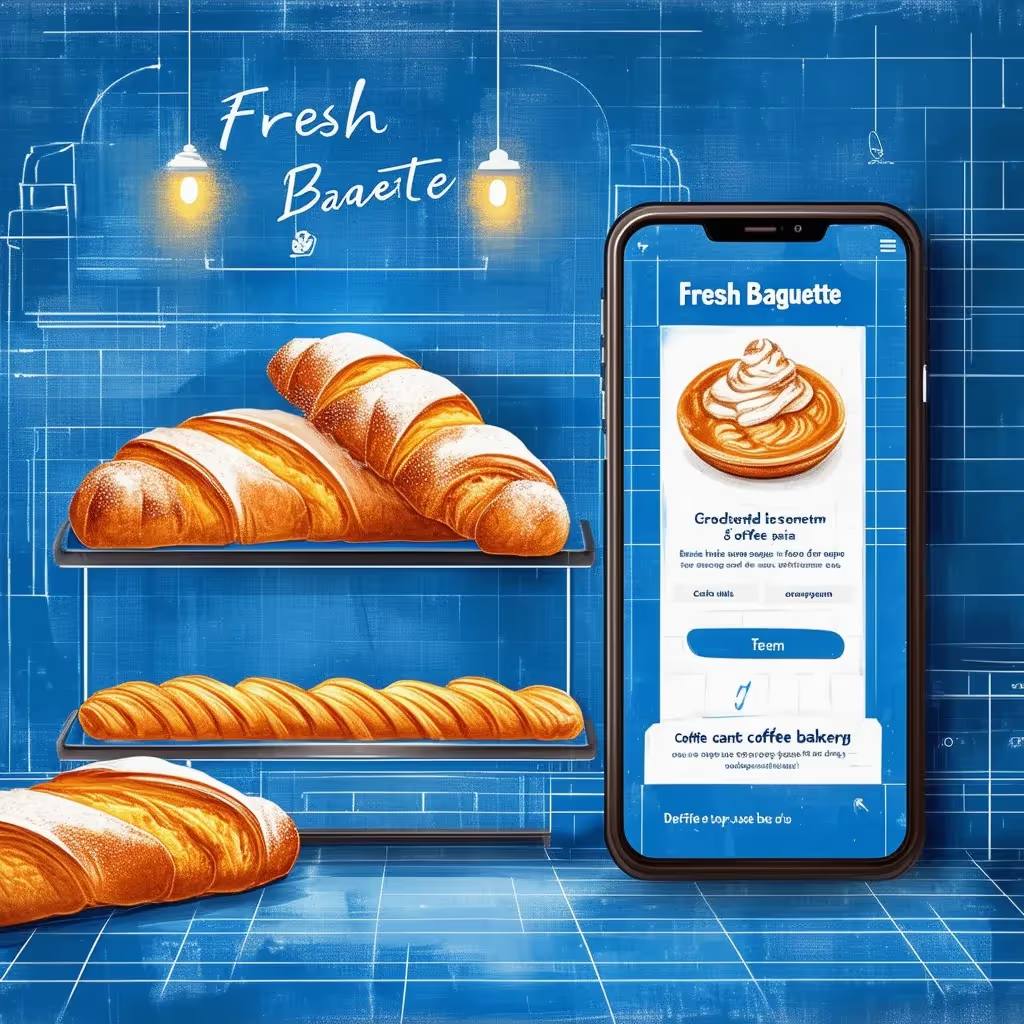
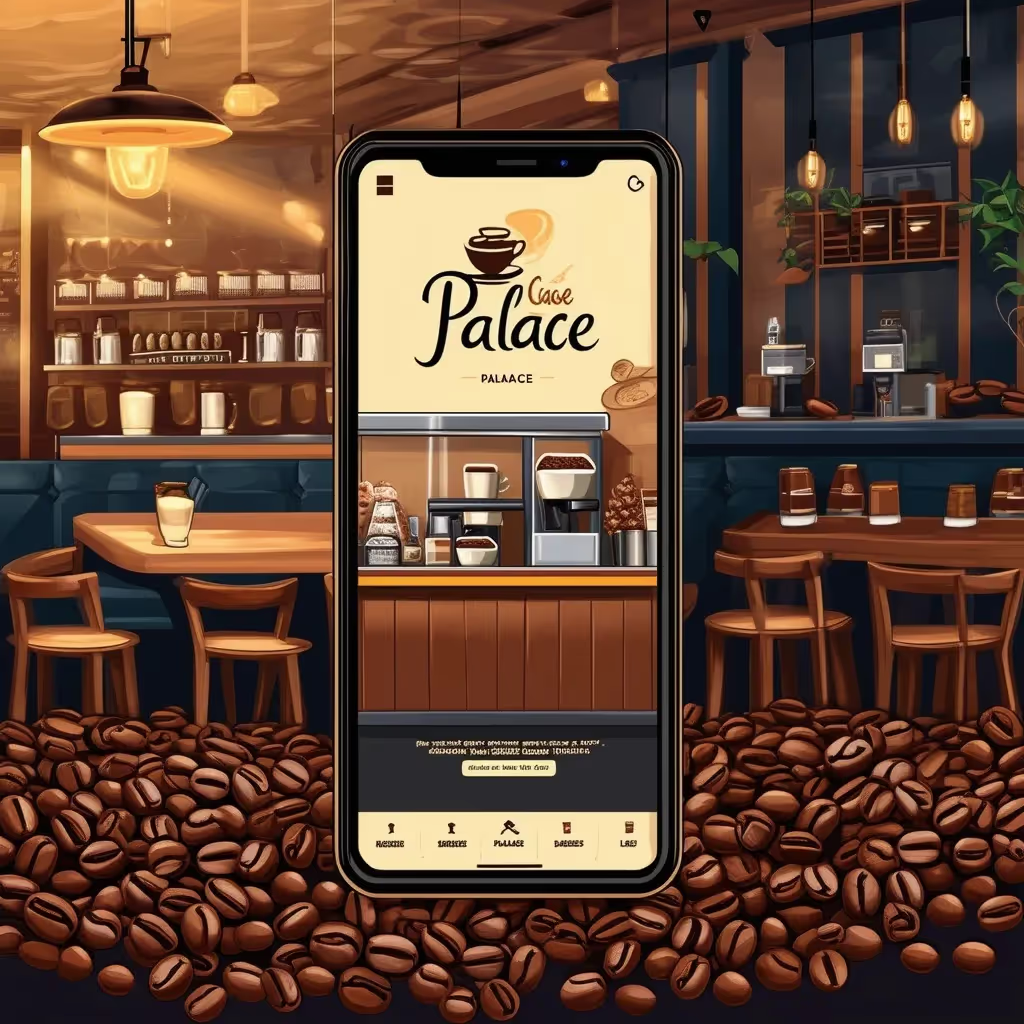
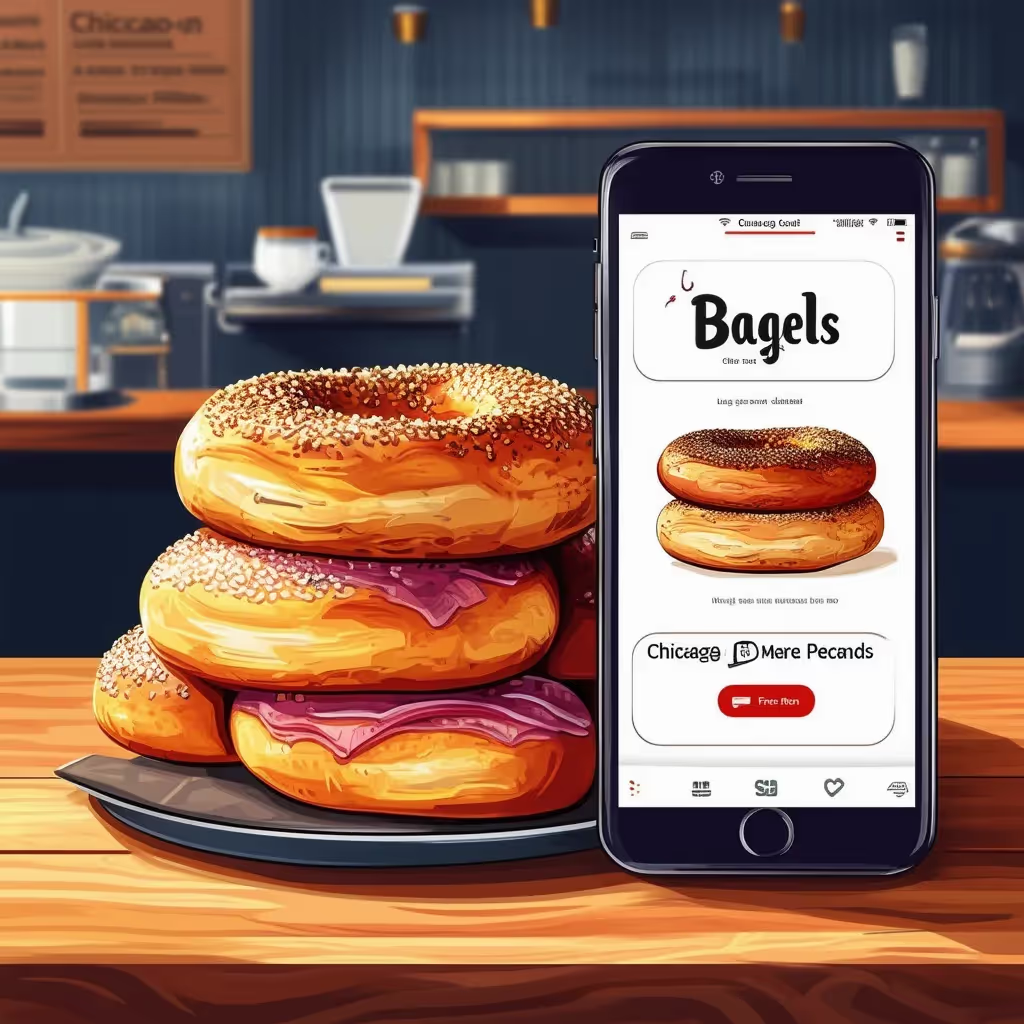
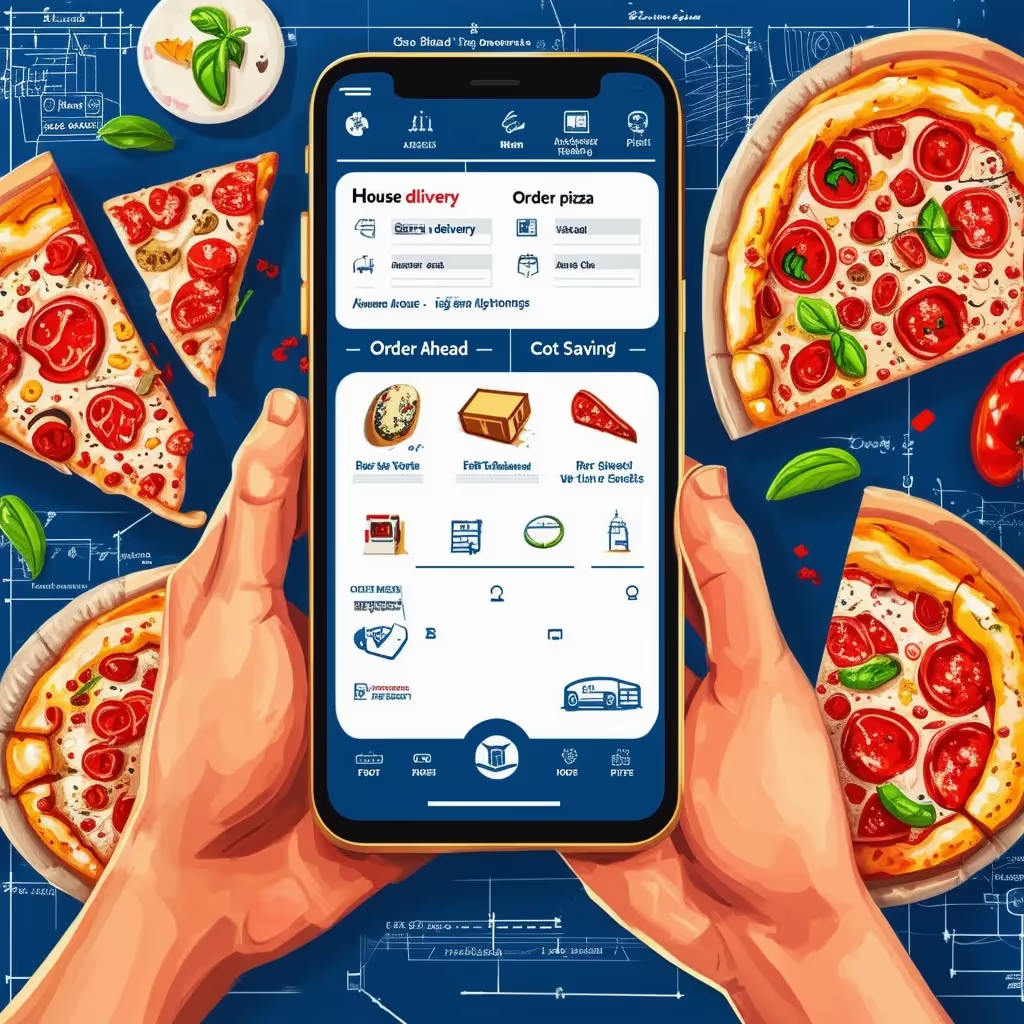



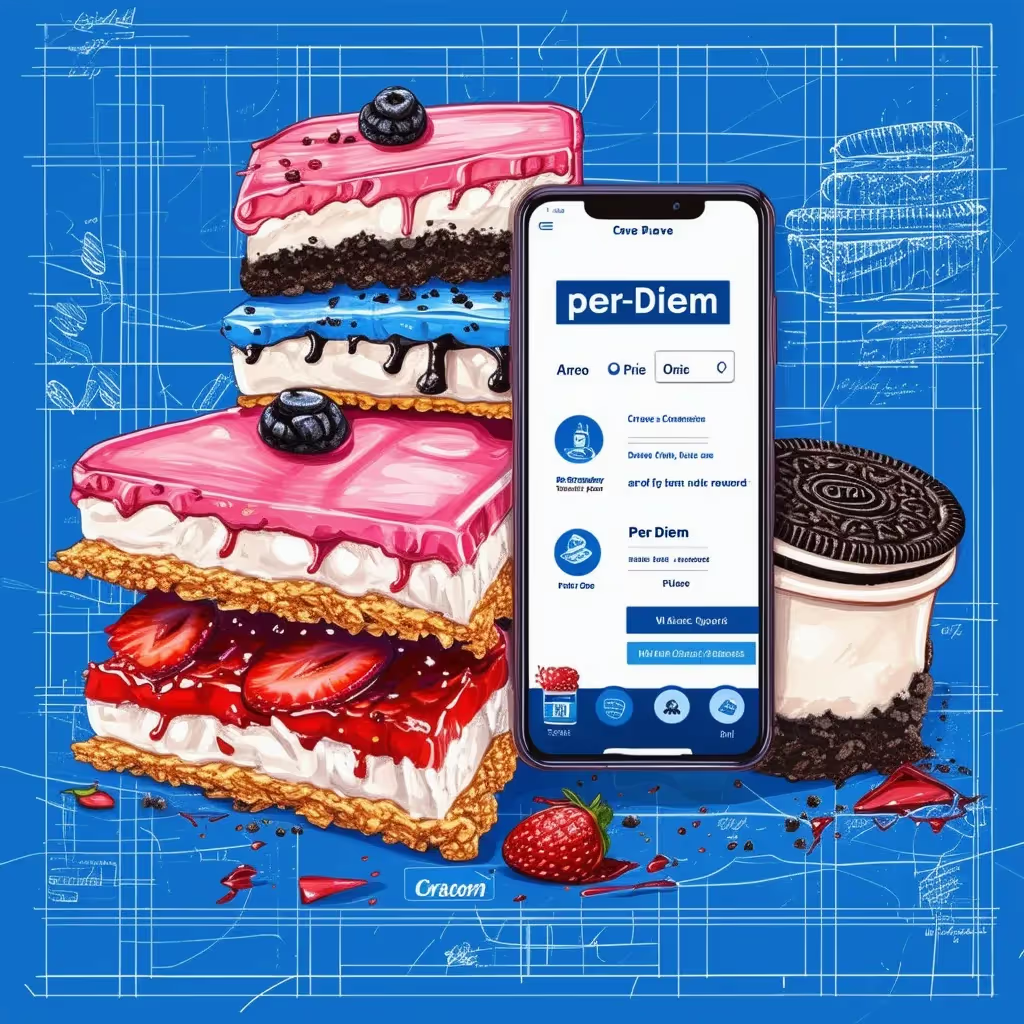
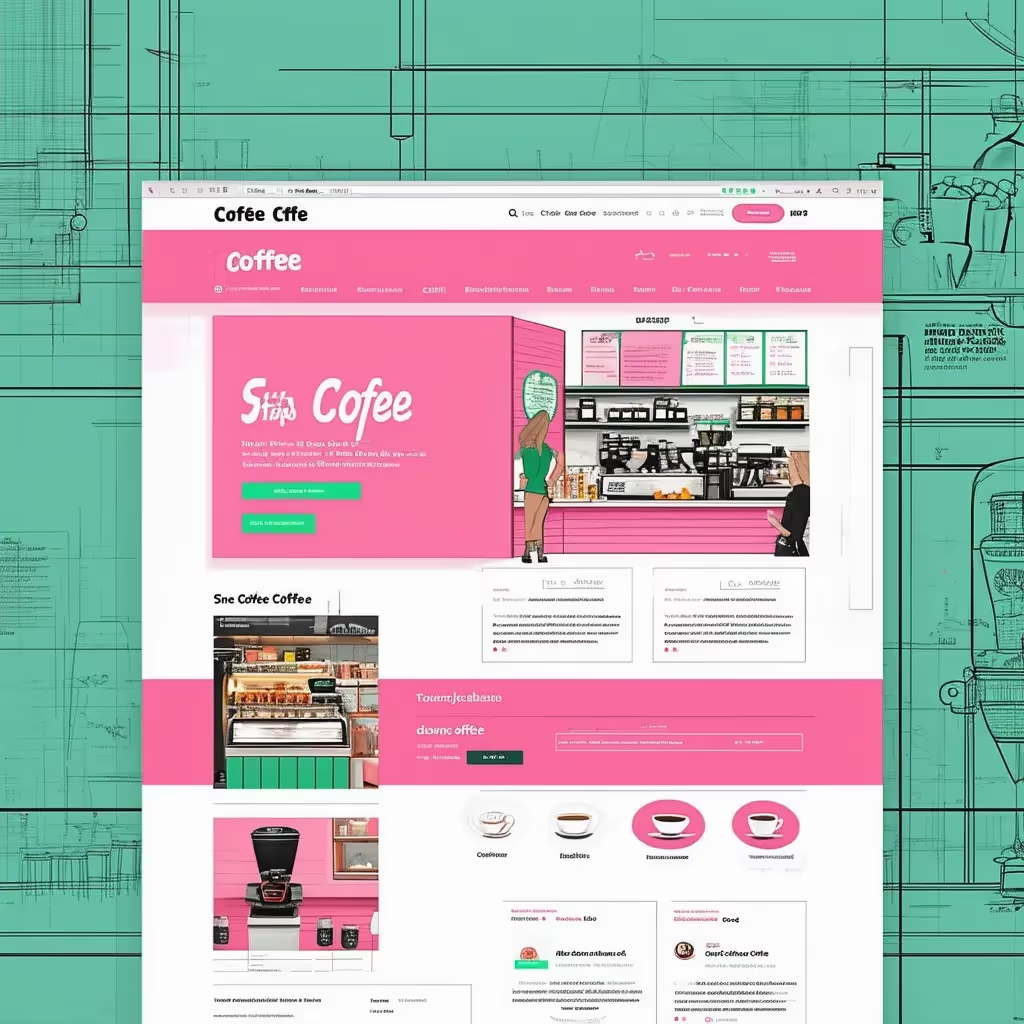






.avif)




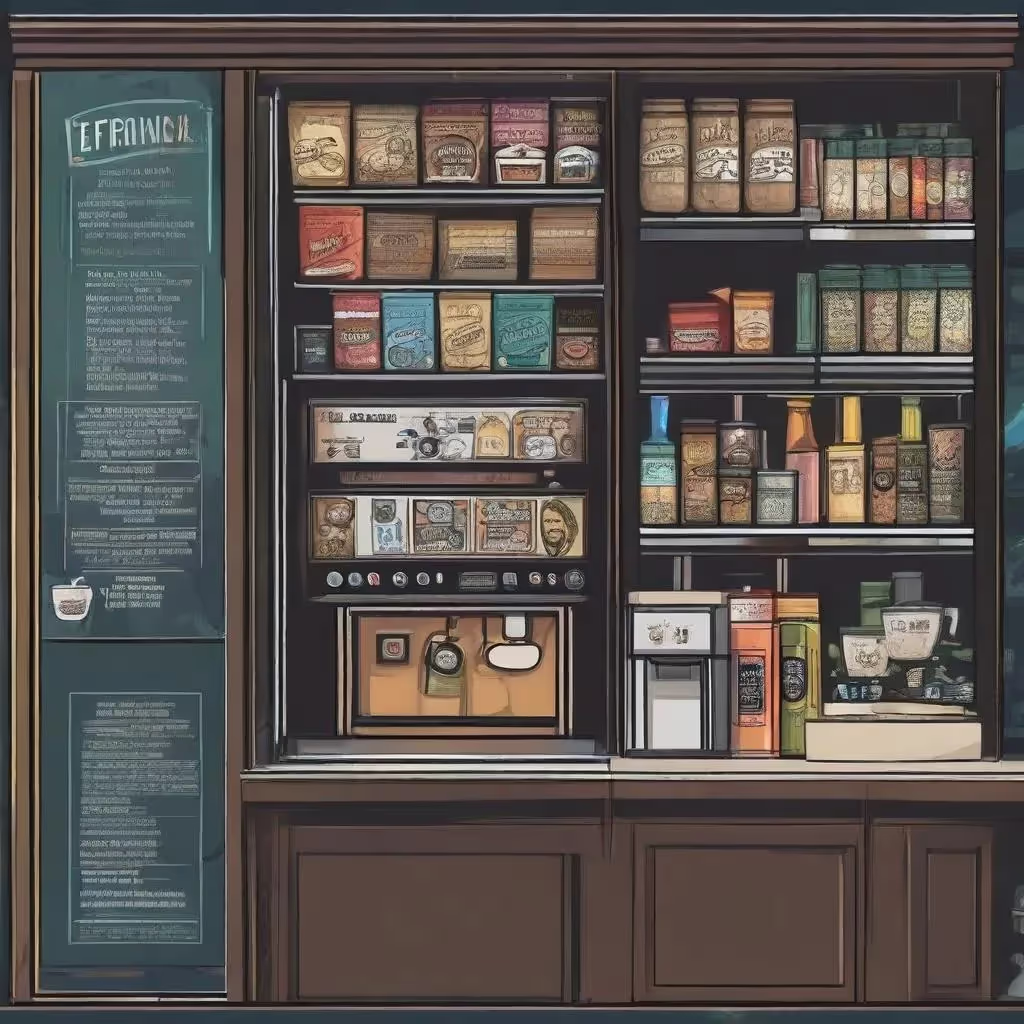
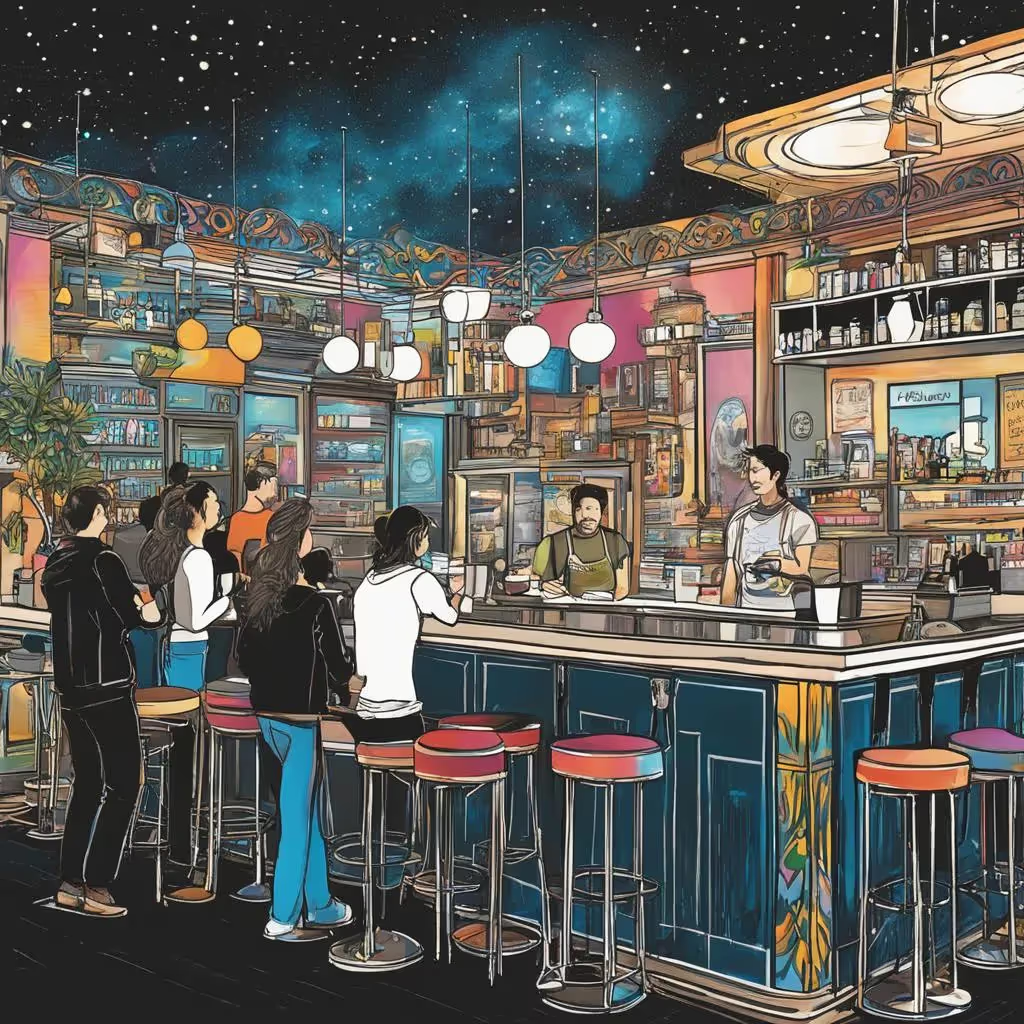


.avif)
